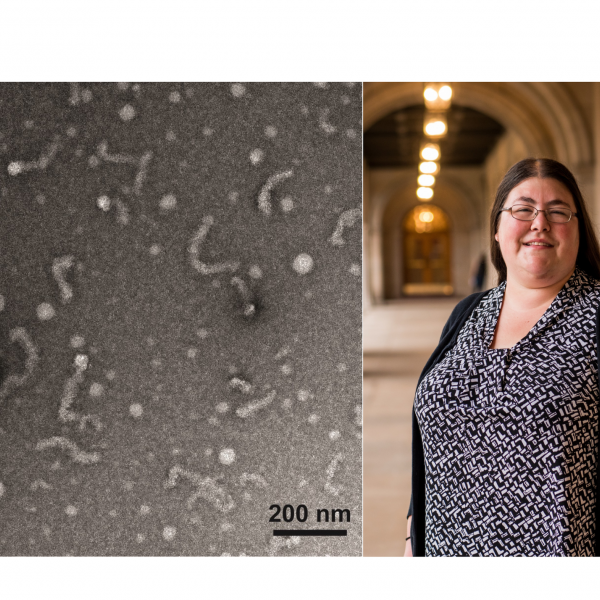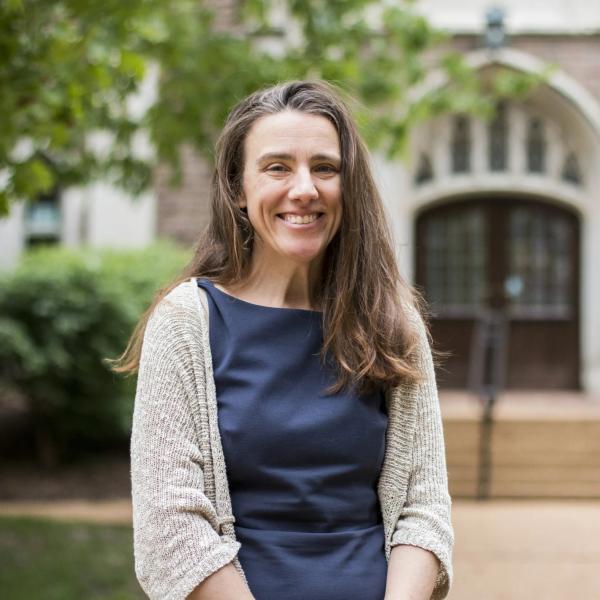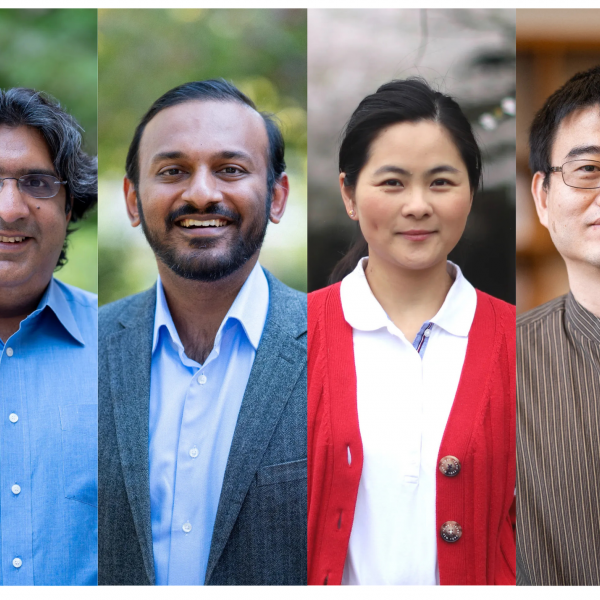The building tells a story.
It begins underground, in somber galleries recounting slavery’s brutality. It spirals upward, through the Civil War and segregation, into sun-drenched spaces recounting the civil rights era and Black Lives Matter. It’s a tale of challenges faced and works yet to be accomplished.
Since opening in 2016, the Smithsonian National Museum of African American History & Culture, designed by British architect Sir David Adjaye, has become arguably the nation’s most prestigious, acclaimed and beloved new structure.
On Oct. 29, Adjaye will receive the 2018 International Humanities Prizefrom Washington University in St. Louis.
Granted biennially, the prize honors the lifetime work of a noted scholar, writer or artist who has made a significant and sustained contribution to the world of letters or the arts. Previous winners include Orhan Pamuk (2006), Michael Pollan (2008), Francine Prose (2010), Ken Burns(2012), Marjorie Perloff (2014) and Bill T. Jones (2016).
“David Adjaye is one of the most influential architects of his generation, known for major public spaces in North America, Europe and Africa,” said Jean Allman, the J.H. Hexter Professor in the Humanities and director of the Center for the Humanities in Arts & Sciences, which administers the award. “But what sets Adjaye apart from his contemporaries is his humanistic approach to design. His work embodies the human experience in all its trauma, beauty and wonder.”
Laurie Maffly-Kipp, the Archer Alexander Distinguished Professor in the John C. Danforth Center on Religion and Politics, served on the selection committee. She added, “David Adjaye is an architect with artistic and historical inclinations that beckon people inside his structures, but also reveal stories and identities.
“His work on the museum interweaves black cultural modernity in the U.S. with its African precursors in ways that remind us of a complex and divided past but also move us into a common future,” Maffly-Kipp said. “He is able to bring a humanistic vision of space and materiality to life in astounding ways.”
Adjaye will receive the prize, which is accompanied by a $25,000 award, during a public ceremony in Hillman Hall’s Clark-Fox Forum. For more information, visit the Center for the Humanities site.




